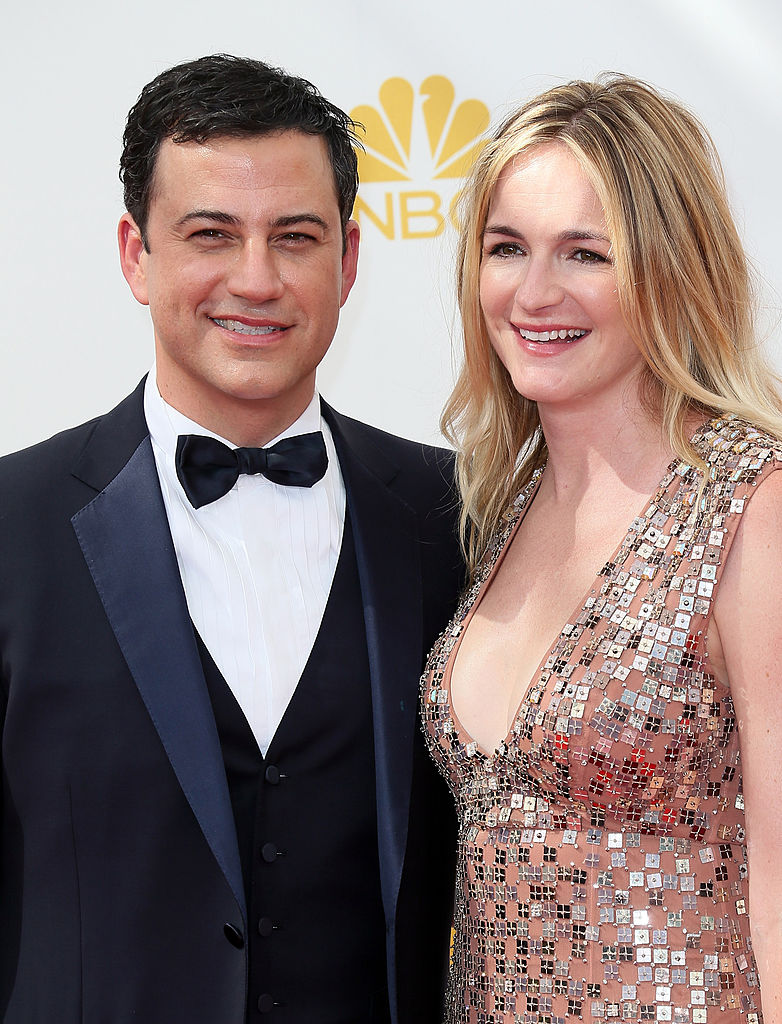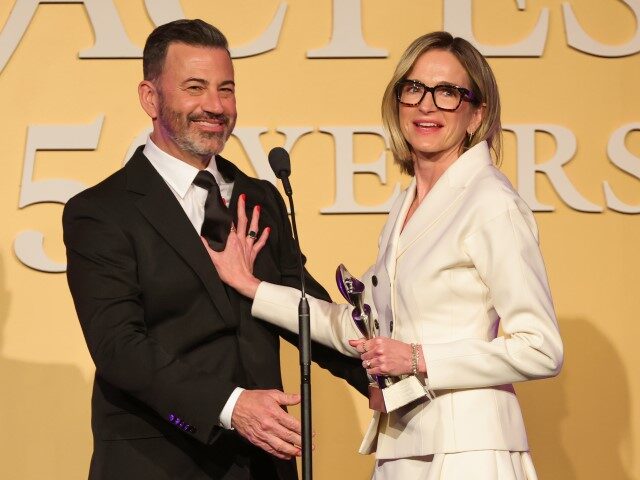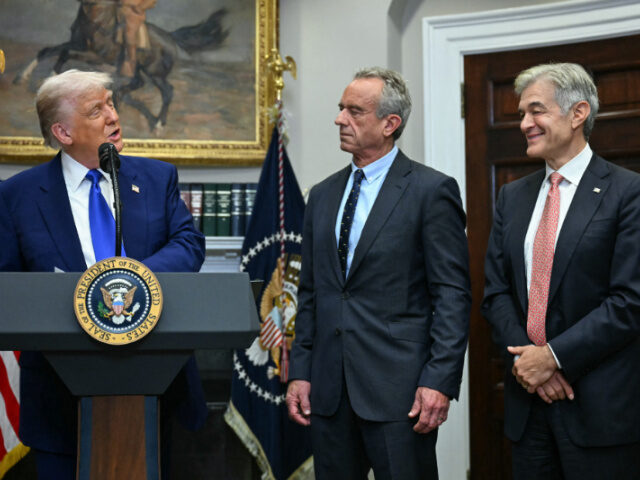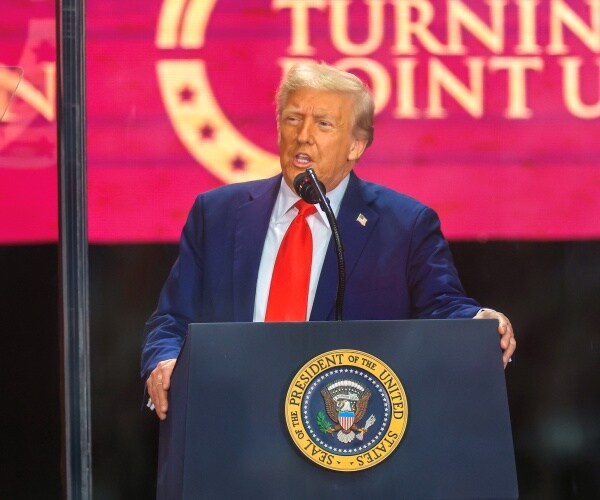Gavin McInnes—podcaster and Vice co-founder—says he used to be friends with Jimmy Kimmel. After ABC suspended the late-night host, McInnes offered his postmortem: Kimmel’s hard pivot into sanctimony wasn’t an accident; it was influence. And yes, he names names.
“When I knew him, he was a great guy and a very mean guy—in a good way, kind of punk,” McInnes said on his Get Off My Lawn podcast, recalling Kimmel’s sports-radio days and “The Man Show” era. He even noted Kimmel contributed cartoons and “Do’s and Don’ts” to Vice. Translation: there was a time when Kimmel actually liked being funny more than being scoldy.
Then came writer Molly McNearney. McInnes recounted how McNearney rose on the “Jimmy Kimmel Live!” staff and later married Kimmel in 2013—after his relationships with Gina Maddy-Kimmel and then Sarah Silverman. In McInnes’ telling, that marriage marks the divide: “There’s pre-Molly and there’s post-Molly Jimmy Kimmel.” He compared it to Howard Stern’s trajectory—“pre-Beth” and “post-Beth”—arguing both men softened to fit into a certain dinner-party circuit where politics lean one way and the shows soon follow. In other words: please the social gatekeepers, and the comedy becomes a sermon. How edgy.

McInnes pushed further, saying the wives’ circles revolve around causes—animal rescues, “reproductive rights of cats,” and the rest—and that the on-air product inevitably absorbs the same posture. The result? Hosts who used to roast everyone now lecture half the country. Late night turned into late scold.
As for cancel culture, McInnes said he’s done playing by rules the left refuses to follow. He openly embraced the “inconsistency” charge: “The gloves are off. We’re hypocrites. You started this.” To underline the point, he closed with Andrew Breitbart’s famous whisper from Hating Breitbart: “War.” Subtlety is not the genre here.
Kimmel’s suspension came after he made inflammatory remarks about the assassination of Charlie Kirk and pushed a BlueAnon hoax portraying suspect Tyler Robinson as “MAGA,” despite contrary details. Affiliates signaled they wouldn’t carry the program; Disney responded by pulling the show indefinitely. Ratings were already sliding—gravity tends to win.
Bottom line: McInnes isn’t claiming Kimmel changed by accident. He’s arguing it was a choice—of company, of politics, of audience—and the show followed. The good news? Audiences still reward authenticity. When comedy stops punching down at viewers and starts speaking honestly again, America laughs—with both eyes open.



